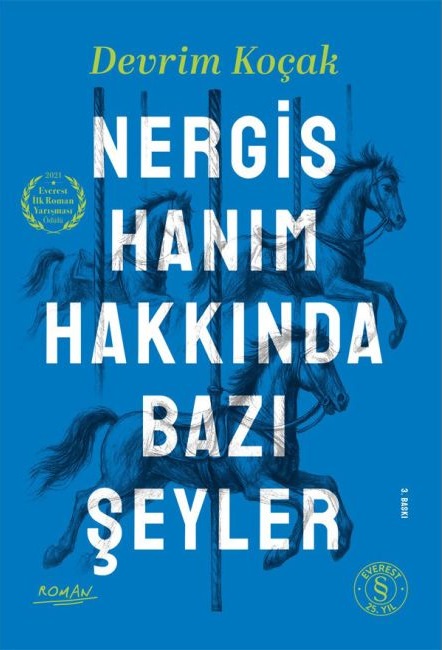Are the clowns philosophical actors who expose the fragility of the social order?
- The Crisis Beneath Laughter: Is the Clown a Threat?
The clown isn’t just a laughing stock; he voices the invisible cracks in the order. Whether appearing in palaces, on podiums, on screens, or in the streets, the clown is often the mirror of power, but this mirror is broken, crooked, and distorting. This distortion makes reality itself more apparent. The comic is actually the mask of the corrupt. The clown’s laughter is the inner cry of the individual experiencing dissonance with the crisis of the order.
- The Voice of Truth in the Shadow of the Sovereign: The Political Ontology of the Clown
Throughout history, the clown, positioned alongside the king, has thrived not on the tolerance of power but on the profound fear of it. The clown may be the only figure who holds the “privilege of speaking the truth.” But this truth is not dramatic, but caricatured, because the naked truth can often only be acknowledged through a mask. Therefore, the clown is a form of truth, forged through aesthetics. What is dangerous for power is not the content of truth, but the courage to express it.
- Between the Clown and Madness: The Displaced Citizen of Reason
Considering Foucault’s madness, Nietzsche’s cynical philosopher, and Arendt’s natality, the figure of the clown stands external to the norms of reason but inherent to critique. He is neither fully mad nor a sane citizen. He is a “displaced citizen” who disrupts established maps of meaning. This is why he is dangerous: because by standing outside the order, he exposes its inner face.
- The Revolt of the Mask: Is Irony a Form of Resistance?
Irony is the clown’s primary weapon. The clown, who finds no place in Aristotle’s definition of tragedy, is much closer to Kierkegaard’s “age of irony.” His existence destroys seriousness by mocking it. This is a sabotage against the ways in which power perpetuates its own discourse. The jester questions the law while provoking laughter, grasps reality while distorting order. In this sense, every jester is a potential revolutionary—only his form is comic.
The jester, the True Face Beneath the Social Mask
The figure of the jester is both a critic and a safety valve of the social order. His existence is a manifestation of the system’s own insecurity. The jester provokes laughter, but his laughter is a warning; if that laughter goes unheard, the crisis grows. Therefore, every jester asks, like a philosopher: “What is truth?” But he asks it not wisely, but madly—and perhaps that is why he is all the more authentic.


